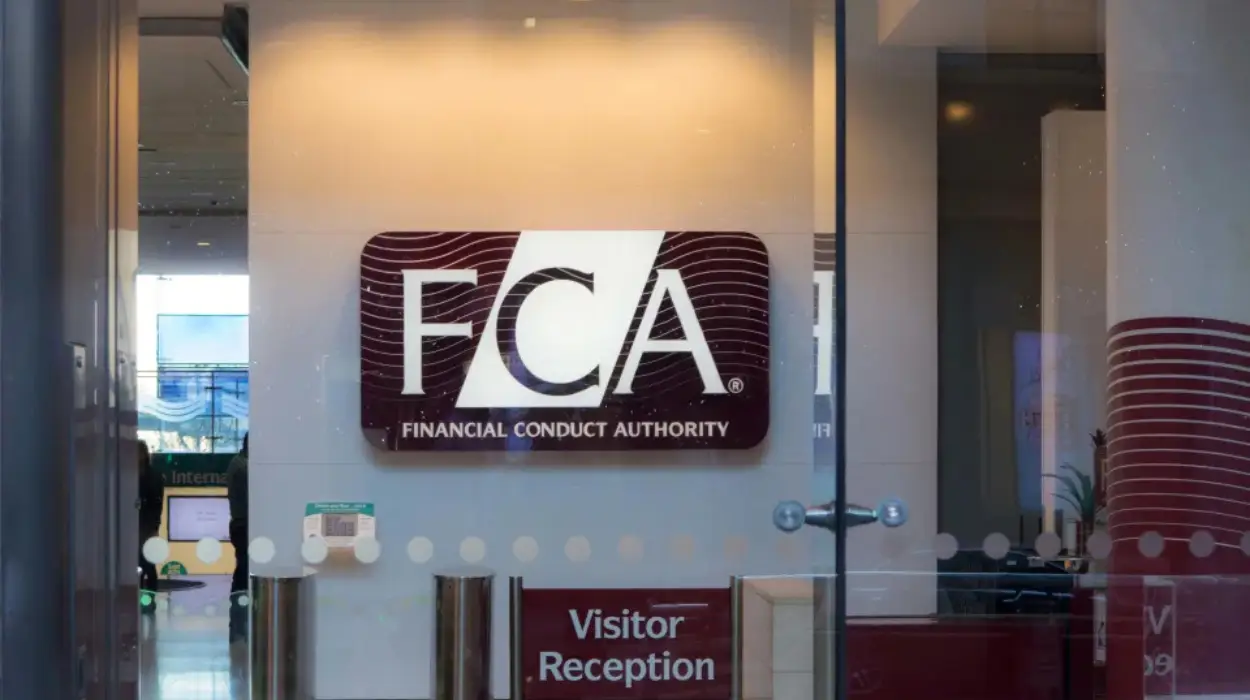London (Parliament Politics Magazine) – The UK’s Financial Conduct Authority (FCA) has been criticized as “incompetent at best, dishonest at worst” in a report by MPs and Lords, citing regulatory failures, a toxic work environment, and whistleblower neglect, demanding urgent reforms to rebuild trust.
British MPs and Peers have released a harsh report criticizing the UK’s Financial Conduct Authority (FCA) for its major poor regulatory performance and leadership issues.
Labelling it “incompetent,” they claim the FCA is “too often failing” to perform its duties and are calling for urgent reforms.
A detailed examination of the Financial Conduct Authority, based on three years of research and involving 175 fraud victims and insiders, found “very significant shortcomings.”
The investigation was conducted by the all-party parliamentary group on investment fraud and fairer financial services, including 30 MPs and 12 members of the House of Lords, after a series of financial scandals.
In the report, Bob Blackman, co-chair of the APPG, criticized the FCA and wrote in the 358-page report that the FCA was blamed for “doing too little too late – or nothing” to prevent financial firms from mistreating consumers and small businesses during the scandals.
As reported by The Guardian, Bob Blackman stated that the group had been presented with “tragic tales of regulatory failure causing enormous financial and emotional distress.”
The report concluded that “The picture painted is not pretty. The FCA is seen as incompetent at best, dishonest at worst. Its actions are slow and inadequate, its leaders opaque and unaccountable.”
The report is set to be presented in Parliament later on Tuesday.
What did the FCA spokesperson say?
The FCA did not see the complete report before its publication, but a spokesperson informed the Financial Times, “We sympathise with those who have lost out as a result of wrongdoing in financial services, however we strongly reject the characterisation of the organisation.”
He added, “We have learned from historic issues and transformed as an organisation so we can deliver for consumers, the market and the wider economy.”
More pressure on FCA
The findings add mounting pressure on the FCA, already under fire from several independent reviews, while Chancellor Rachel Reeves urged the FCA to promote “sensible risk-taking” in the financial sector.
FCA’s toxic culture highlighted in report
The report revealed that the culture “has got worse rather than better in recent years, in which errors and inaction are too common, where there is little accountability, and those who challenge a top-down ‘official line’ on any given issue are bullied and discriminated against, or even managed out”.
The report also stated the watchdog’s treatment of whistleblowers as “alarming,” mentioning that the organization failed to investigate properly and act on the information, as well as its neglect and in some cases, harming those who shared information.
Mr. Blackman pointed out that the strongest evidence came from FCA employees, both current and former, who described its culture and leadership as “profoundly defective” from top to bottom.
One current FCA staff member claimed they were “criticised, bullied, and sidelined” after trying to raise “serious and challenging questions” within the organization.
Proposed reforms for FCA
Suggested reforms include introducing a zero-tolerance policy for integrity failures, setting up a supervisory council to scrutinize the FCA’s performance, altering the funding model, and a revamp of the appointment process for the FCA’s top leaders, with some requiring legislative changes.
According to the report, if the reforms fail, a royal commission inspired by Australia’s model should be set up to examine an overhaul of financial regulation, including reallocating some of the FCA’s powers to other organizations.


